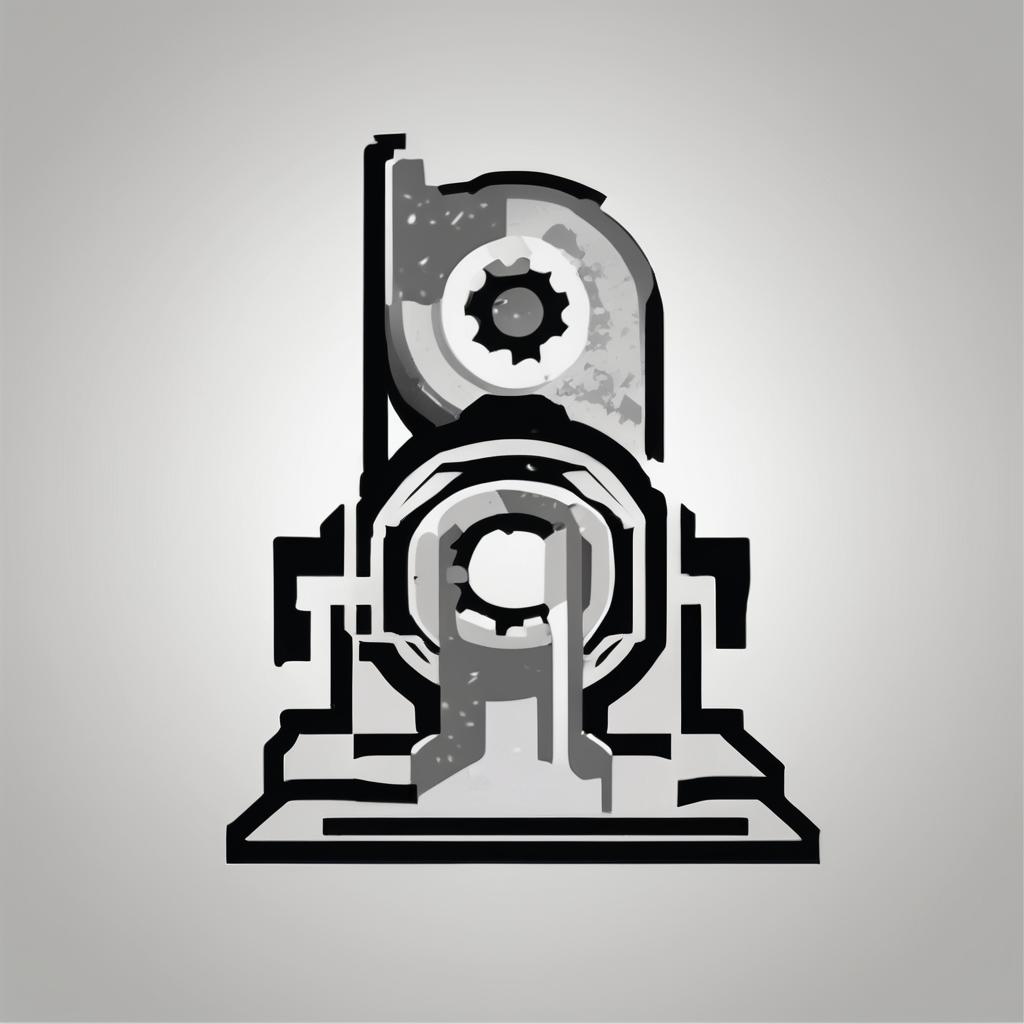Immediate Impacts of UK Technology on Healthcare Delivery
Digital transformation in UK healthcare has noticeably streamlined patient care within the NHS. By integrating advanced technologies, patients benefit from quicker diagnostics and more personalized treatment pathways. For example, NHS innovations like remote monitoring devices enable continuous health data tracking, reducing hospital visits and improving chronic disease management.
Real-world UK-based digital health technologies, such as app-based symptom checkers and AI-assisted triage systems, enhance clinical decision-making and reduce wait times. These tools assist healthcare providers by automating routine tasks, allowing more focus on complex cases. Digital transformation initiatives have also improved the efficiency of NHS appointments, minimizing administrative delays.
Also read : What are the benefits of UK technology in remote working environments?
Initial measurable benefits of these technologies are evident: increased patient satisfaction due to faster, more convenient care; reduced costs from optimized resource allocation; and enhanced treatment accuracy through data-driven insights. Collectively, UK healthcare technology advances demonstrate consistent improvements in service delivery, marking a significant step forward for the NHS and patient outcomes.
Leading Technologies Driving Transformation
Advancements in AI in UK healthcare are pivotal to transforming diagnostics and treatment. AI algorithms analyze complex medical data swiftly, aiding clinicians in detecting diseases earlier and tailoring therapies precisely. For example, AI-powered imaging tools improve cancer diagnosis accuracy while reducing analysis time.
Also read : How Will Emerging Technologies Reshape Privacy Concerns in the UK?
Telemedicine has expanded access dramatically across the UK, enabling remote consultations that alleviate NHS burdens and increase convenience. This technology supports routine check-ups, mental health services, and urgent care, especially benefiting rural or mobility-challenged patients. Adoption of telemedicine continues due to its efficiency and patient-centric design.
Integration of digital health records ensures seamless data sharing among healthcare providers. This interoperability enhances coordinated care by giving clinicians comprehensive patient histories in real time, thus reducing errors and duplicative tests. NHS innovations increasingly leverage electronic records to streamline workflows and improve outcomes.
Finally, healthcare automation has accelerated administrative tasks such as appointment scheduling and prescription management. Automating these functions lowers operational costs and allows healthcare staff to focus on direct patient care. Together, these technologies signify a profound digital transformation, optimizing NHS resources and elevating patient care quality consistently.








